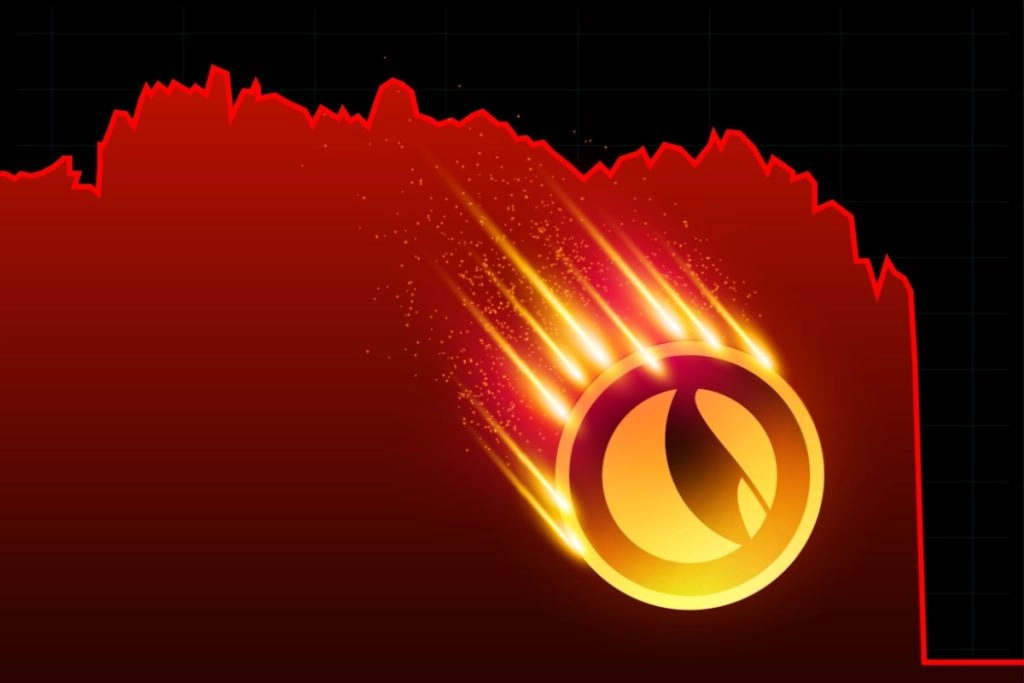To say that the crypto industry has had a chaotic year would be a significant understatement.
From not one, but two high-profile collapses, to crypto exposure and adoption rising, back down to regulatory battles in court, it’s fair to say that crypto investors deserve a hard-earned Christmas break from the madness that has occurred this year.
Join Payment Expert in the first of a two-part series, as we go back through the year to reflect on a dramatic 12 months for the sector.
January
The UK started off the year pondering the best position to introduce crypto to the wider population. Whilst Parliament was ramping up its efforts by establishing a cross-party crypto collaboration between MPs, the House of Lords were more hesitant, particularly pertaining to the formation of a Central Bank Digital Currency (CBDC).
UK officials were also aiming to crack down on unregulated services which David Carlisle, Head of Policy & Regulatory Affairs at Elliptic, believes this can lead to further innovation within the sector.
“These proposed measures aimed at protecting consumers will enable the UK to cultivate a crypto sector that is safe, but also innovative.
“Ultimately, innovation thrives where there is transparency and accountability, and where consumers can access new financial products with confidence and a clear understanding of the risks at play.”
February
It wasn’t just couples feeling the love in February as crypto firms were gaining mass exposure. Super Bowl LVI was coined ‘Crypto Bowl’ by onlookers as crypto companies took over viewers’ TV’s during the highly-coveted ad spots during NFL’s finale.
Coinbase and FTX were among those who spent millions for a Super Bowl ad slot, receiving a significant amount of interest from new users, whilst Crypto.com also gained a brunt of the exposure for its LeBron James ad.
Outside of the Super Bowl, other firms were making deals to put crypto at the forefront. Stake expanded its deal with the UFC to Brazil, as the South American countries’ delegates continue to look into the possibilities of regulating cryptocurrencies.
March
The following month saw regulators warning consumers of the risks associated with crypto after the sector’s newfound exposure last month. The Financial Conduct Authority (FCA) found that crypto scams grew up to 16,400 from last year and warned consumers that crypto ATM’s should not be used within the UK.
One high-profile crypto scam took place in March as two siblings defrauded numerous investors out of crypto worth up to $124m, deceiving investors by portraying an image of a fake wallet on the Ormeus Global SA platform.
April
Brazil made the next step in revolutionising its payment infrastructure as its Senate granted policymakers the greenlight to regulate cryptocurrencies within the country. The proposal outlined that cryptocurrencies represented a lucrative opportunity as Brazil saw $43bn generated in crypto-related operations in 2021.

Despite this, Director of Business Development at Bottomline, Marcus Hughes, called for the FCA to toughen its stance on crypto firms pertaining to the regulatory approval deadline.
“It’s believed a dozen companies will be allowed to continue trading with temporary licences, a move that has prompted an angry backlash from UK lawmakers, fuelling tensions between the industry and the regulator.”
May
In May, TerraForm Labs’ Terra Luna and UST tokens completely collapsed over the course of 48 hours, with their valuation plummeting by 98%, as consumers lost billions of dollars.

Causes for the collapse were connected to Terra UST being unstaked which attributed to a large amount of sell-offs from holders which in turn, began to significantly decrease the value of both coins.
Binance and other crypto exchanges began to delist TerraLuna and UST coins and the crypto sector was hit with a wave of declining prices that it ultimately could not recover from throughout the rest of the year. South Korean law enforcement issued a warrant for arrest for Terra’s CEO, Do Kwon.
June
Following Terra’s collapse, a crypto crash was set in motion in what ultimately turned out to be the summer of a ‘Crypto Winter’. Bitcoin suffered its lowest price since January 2021, along with Ethereum as the total crypto market cap began to fall.
By the end of June, Bitcoin was trading at £16,769 ($20,210) the lowest since 2020, unable to break the £20,000 price for the rest of the year as it and a host of major cryptocurrencies prices continued to fall.
Despite the turbulence, the European Union finalised plans to introduce a new crypto regulatory framework; the Markets in Crypto Assets (MiCA) bill, which will track all crypto transaction data back to a crypto asset service provider.
Jay-Z and Jack Dorsey were not feeling the effects of the crypto winter blues as they announced the launch of a Bitcoin academy in the heart of Brooklyn, looking to educate and create financial inclusion for people in the area.




















